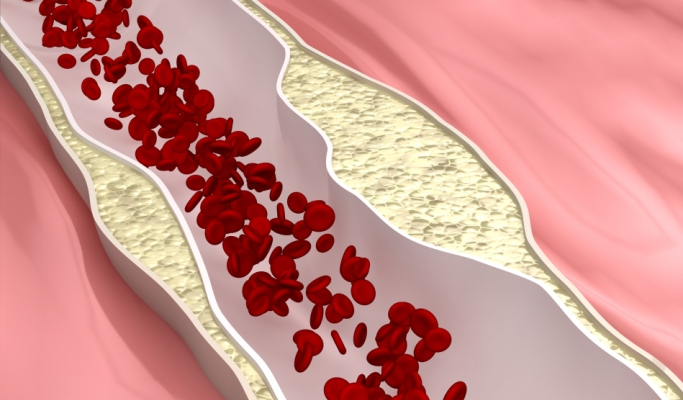In the ODYSSEY ESCAPE trial, patients with heterozygous familial hypercholesterolemia were given either the PCSK9-inhibitor alirocumab or placebo for 18 weeks to determine if they could reduce their use of the lipoprotein apheresis.
While apheresis is effective at lowering LDL-C in these patients, it is invasive and requires 2 to 3 hours to administer every week or every 2 weeks.
Study investigator Patrick M. Moriarty of the University of Kansas Medical Center in Kansas City discusses the trial findings with European Heart Journal editor-in-chief, Thomas Lüscher and atherosclerosis expert, Gerald Watts of the University of Western Australia at the 2016 European Society of Cardiology congress.
